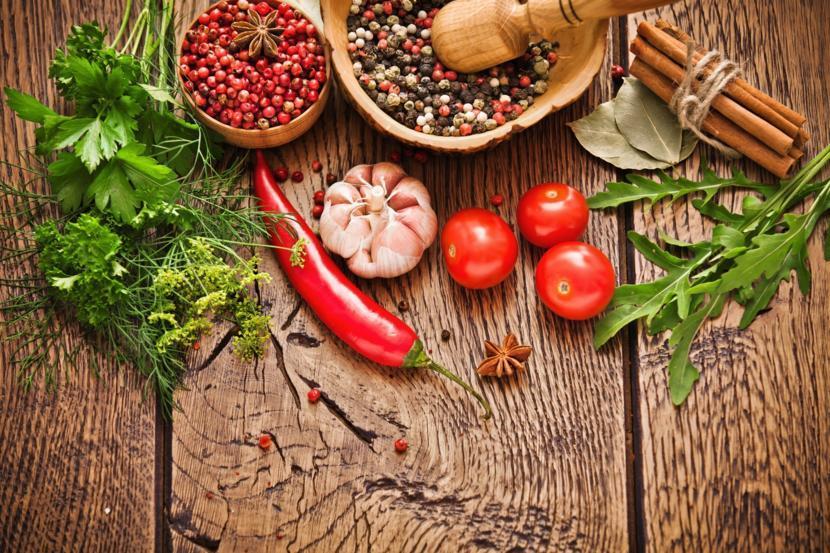What Triggers Heartburn?

Heartburn is a very uncomfortable situation that transpires in the body, characterized by a fiery sensation in the lower chest cavity. Heartburn is typically initiated after the consumption of certain foods and beverages. The fiery sensation an individual will experience is then followed by a bitter or sour taste of acid reflux in his or her mouth, which can last for several minutes or even several hours.
In many cases, heartburn can be avoided if an individual is willing to avoid certain triggers.
The top 10 foods that may trigger heart burn include:
- Tangy citrus fruits
As one of the classic triggers for heart burn, tangy citrus fruits include oranges and grapefruits. These fruits are very acidic, and lead to heart burn when consumed on an empty stomach.
- Tomatoes
Although tomatoes are rich in nutrients, like lycopene, the acidic nature of tomatoes may cause heartburn, especially in those who are susceptible to it.
- Garlic and Onions
The triggers of heartburn vary depending on the individual. For some people, garlic and onions can trigger the fiery sensation within the chest. To understand and pinpoint what foods trigger heartburn, keep a food log and document any sensations you may feel after the consumption of certain foods.
- Spicy foods
Pepper, chili, Mexican food, and food loaded with spices trigger heartburn for many people. Deliberately avoiding spicy foods and introducing milder versions of these foods would be the best option to combat this condition.
- Peppermint
Despite the general consensus that peppermint soothes the stomach, it is a classic trigger for heartburn, especially in those who are prone to it. This is because peppermint relaxes the sphincter muscles and allows the stomach acid to flow back into the esophagus, causing the characteristic sour feeling in the throat.
- Cheese, nuts, and avocados
Foods like cheese, nuts, and avocados that are rich in fats, slow down the emptying of the stomach. This causes the stomach to remain distended for a long period of time, and increases the pressure on the esophageal sphincter. The best way to prevent heartburn is to not avoid eating these foods altogether, but to avoid consuming these foods after a meal.
- Alcohol
Any form of alcohol, such as wine, beer, or hard liquor cocktails can trigger heart burn, especially if an individual drinks any one of these after a meal. In certain cases, a glass of red wine may not cause any major issues, but if the meal that was previously consumed had tomato sauce, the wine can trigger heartburn. Alcohol relaxes the sphincter muscles and allows the stomach acid to flow back into the esophagus.
- Caffeine
Beverages that contain caffeine, such as coffee, soda, tea, iced tea, and many others are sure triggers of heartburn. An individual does not need to completely avoid coffee, in the fear that it triggers heartburn. Heartburn can only occur depending on the portion of caffeine consumed. Reducing the frequency and portion size of coffee consumption is a safer option to avoid heartburn. Every morning, if an individual consumes a 3-4 ounce cup of coffee, the individual will not experience any complications. However, if an individual has coffee sporadically throughout the day in large quantities, he or she may experience heartburn.
- Chocolate
Loaded with caffeine, chocolates are a heartburn trigger on its own.
- Carbonated beverages
These beverages are the primary causes of gastric distension, causing increased pressure on the sphincter. People who are prone to heartburn should absolutely avoid having soda and other carbonated beverages.
Apart from the foods and beverages mentioned previously, heartburn can still occur from other elements and factors. For example, too much of any food can cause heartburn. What you eat, and how much you eat, matters for individual's who experience heartburn. Having a large meal before bed can also cause heart burn, even if the meal doesn't contain foods that cause heartburn.














